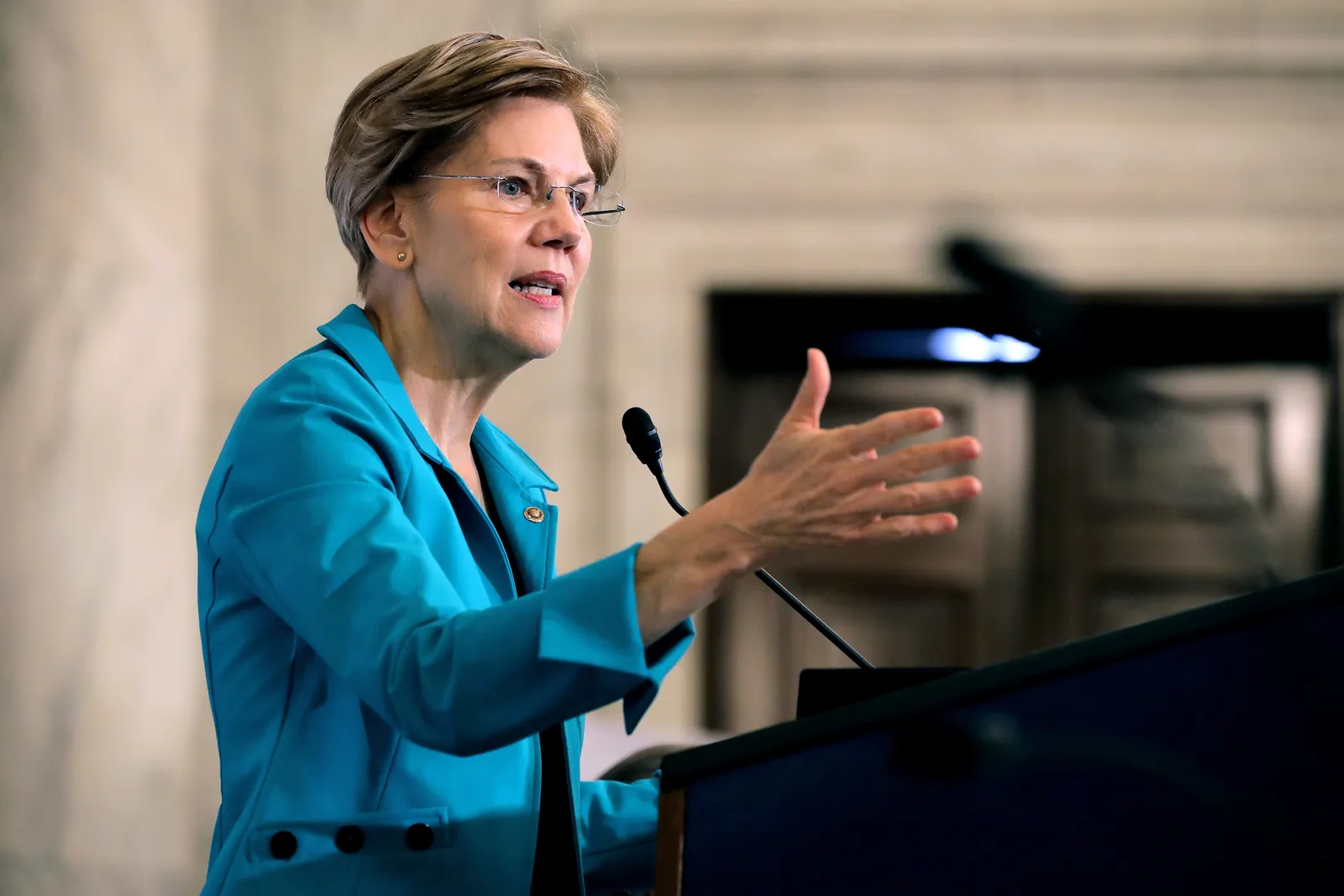|
Getting your Trinity Audio player ready...
|
In a fiery debate that captured the attention of Massachusetts voters, Senator Elizabeth Warren and her Republican opponent, John Deaton, clashed over the future of cryptocurrency regulation. The discourse took a dramatic turn when Warren accused Deaton of being a puppet for the crypto industry, setting the stage for a significant political battle ahead.
Warren’s Crypto Critique
Senator Warren, a fierce advocate for stringent regulations on digital assets, took aim at Deaton’s connections to the crypto world. During the debate, she stated, “One candidate standing here gets 90% of their campaign funding from one industry—the crypto industry. One candidate has openly admitted that 80% of his personal worth is tied to crypto.” This assertion highlights Warren’s long-standing narrative that the crypto sector prioritizes profits over the needs of ordinary Americans.
Warren continued her critique, claiming that if Deaton is elected, he would put the interests of his “crypto buddies” above those of working-class citizens. “He’s going to be there to fight for crypto,” she charged, reiterating her position that cryptocurrencies should adhere to the same regulations as traditional financial institutions. Warren’s consistent warning against the potential misuse of digital assets—to facilitate money laundering and terrorism financing—remains a cornerstone of her campaign platform.
On the other side of the debate, John Deaton, an attorney and outspoken supporter of Bitcoin, presented a different narrative. Sharing a personal story about how cryptocurrency served as a financial lifeline for his unbanked mother, Deaton positioned himself as a champion for those marginalized by traditional banking systems. “When Bitcoin came along, I thought of my mom, who couldn’t maintain a bank account due to fees,” he explained. This personal connection underlines Deaton’s belief that crypto can empower individuals and provide alternatives to predatory financial practices.
Deaton’s retorts were sharp and direct. He criticized Warren for her relentless attacks on crypto, questioning why she was not focusing on more pressing economic issues such as inflation. “I wish Senator Warren attacked inflation the way she attacks crypto,” he quipped, effectively challenging her priorities in a time of economic uncertainty.
The Ripple Effect
Adding a layer of complexity to the debate, Deaton’s ties to the ongoing Ripple v. SEC lawsuit came into play. He asserted that his advocacy for XRP holders revealed the regulatory overreach of the SEC, thereby protecting small investors from potential harm. Notably, Ripple Labs has shown significant support for Deaton’s campaign, including a $1 million donation to a super PAC backing his candidacy. This financial backing has sparked further scrutiny from Warren, who questioned the motives behind such contributions.
“Why are crypto folks so mad at him—so mad that they’re funding 90% of his campaign?” she asked, emphasizing her belief that Deaton’s campaign is driven by the interests of wealthy investors rather than the everyday American.
A Polarized Future for Crypto Regulation
As the debate concluded, it became evident that the Massachusetts Senate race is not merely about party affiliation but rather a fundamental clash over the future of cryptocurrency in America. Warren’s calls for stronger regulations reflect a broader concern about the risks associated with digital assets, while Deaton’s advocacy underscores the potential for crypto to serve as a transformative financial tool for the unbanked and underprivileged.
With the election on the horizon, voters must consider the implications of each candidate’s stance on crypto regulation. As Warren seeks to tighten the reins on the burgeoning digital asset market, Deaton positions himself as a defender of innovation and financial freedom. The outcome of this political showdown could significantly shape the regulatory landscape for cryptocurrencies in the United States, influencing not just Massachusetts but the entire nation.
Disclaimer: The information in this article is for general purposes only and does not constitute financial advice. The author’s views are personal and may not reflect the views of Chain Affairs. Before making any investment decisions, you should always conduct your own research. Chain Affairs is not responsible for any financial losses.




